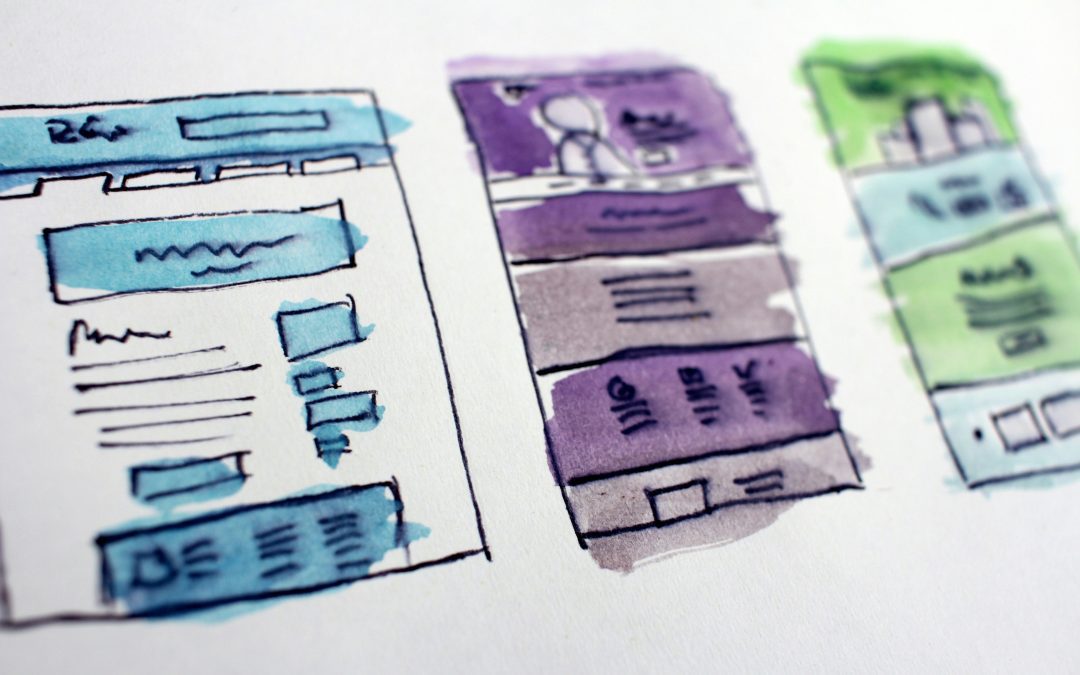Search engines help to drive business directly to your website, and we’d all like more direct bookings right? Google has 75% of the market share as...


Search engines help to drive business directly to your website, and we’d all like more direct bookings right? Google has 75% of the market share as...

We love hosting work experience candidates here at APT, and this week we have welcomed Tonje Goff. On her first day, we tasked Tonje with...

Has the time come for you to work from home? Fear not my fellow office working folk; remote working doesn't have to be a bad thing. With remote and...

We're BIG advocates for learning, that's why we've helped over a whopping 800 young people discover exactly what it's like working in the fun and...

With the ongoing rise of the sharing economy and short-term rental market, it’s clear that this is a sector of the industry that isn’t going away....

By Jessica Hargreaves If you're regular readers of our blog (if not, why not?) you'll know that we love a good branding or marketing story and often...

Dogs. Biscuits. Tea. When these 3 things are involved in work experience, you just know it’s going to be a good week. Arriving through the door on...

With chocolate, it’s the taste that matters; but sometimes, complicated and overworked packaging distracts from the key information that most craft...

Its been days, weeks, months and (possibly) even years in the process of creating your new brand or logo for your business. You've deliberated,...

You’d have to have been living under a rock to have missed the hype about ‘Big Data’ and how businesses are capitalising on information about their...

"Paper" as we know it, derived from papyrus that is Ancient Greek for the Cyperus Papyrus plant where a thick-paper like material produced from the...

On the 2 December, it was time to start my work experience. At first, I was a bit nervous as I didn’t know how...

Perhaps the most successful PR campaign ever is the one that convinced businesses that they need an agency based in London for PR to be effective....

Apologising to the public - the right way. Here's how Innocent Smoothies did it after their Conker Milk debarkle.Sorry seems to be the hardest...

"I'm not running out of ideas, just trying to push myself into better ones." - Mike McQuade Sometimes no matter how hard we try, the bane of the...

Creative trends eh? Every so often we get a twinge in our feet and an adrenaline pump in our hearts for something new to lighten up our world and...

We're guilty of loving a good ol' fashioned personality quiz, but when the recently released 'Creative Types Quiz' by Adobe swept the office, the...

When the Alopecia UK charity approached APT l about helping to organise their annual Big Weekend, we jumped at the opportunity to get involved as...

I’ve taken over a business recently and keep getting requests to renew various subscriptions and memberships, including nearly £1,000 for my local...

I just finished my weeks work experience at APT Marketing & PR as I am interested in design. My mum said Apt would be a great place to go for...

Working with APT since January has been such a great opportunity and has enabled me to gain some amazing skills and experience that I will be able...

Over Summer 2017 I began searching for a company around Cheltenham, so that I could gain some experience within the marketing industry whilst...

Having the opportunity to undertake an internship at APT marketing and PR has not only been enjoyable but has provided me with a platform of...

We recently worked with a freelance journalist for The People's Friend Magazine on a arranging an expert panel interview for our client BABTAC. The...